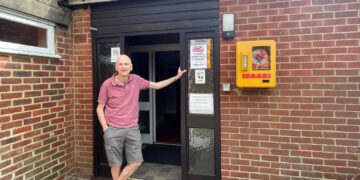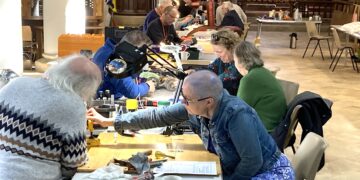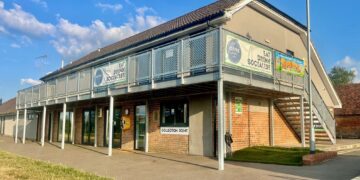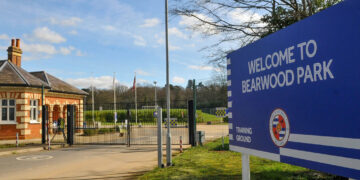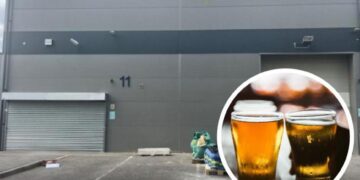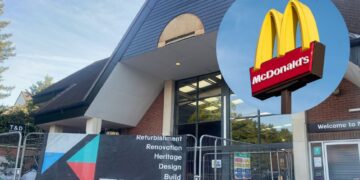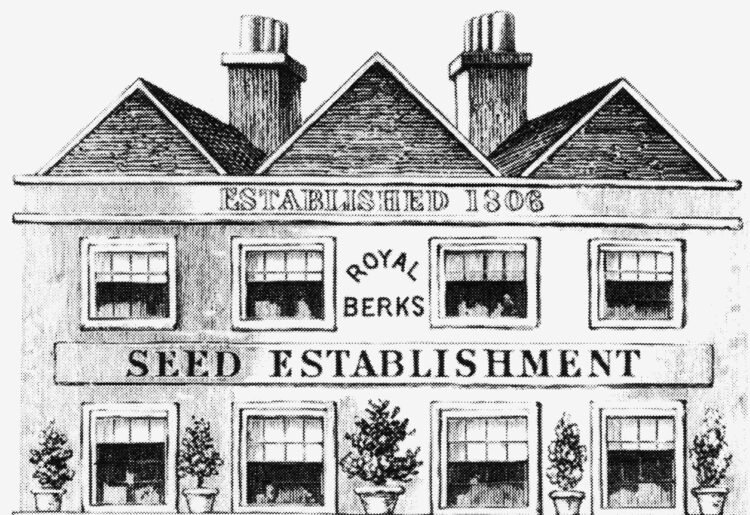A LOCAL interest group heard from Dr Richard Marks about the history of Sutton Seeds at their recent meeting.
Wargrave Local History Association members learnt about the renowned seed company that transformed British gardening and agriculture.
Dr Marks explained that John Sutton established his corn merchant business in Reading’s King Street in 1806, but that it was his son Martin Hope Sutton who boosted the company through scientific innovation.
As a child, Martin reportedly dug up his father’s lawn to study plant growth and attempted to create hybrid plants by age six.
When Martin and his brother Alfred joined the family business in the 1830s (by then in Reading’s Market Place) they convinced their father to diversify into seed trading.
At that time, the seed industry was controlled by a cartel using fraudulent practices, mixing old seeds unlikely to germinate with fresh ones or adulterating products with similar-looking but sterilized seeds.
Martin Hope Sutton’s scientific approach changed everything.
He conducted extensive seed trials, sometimes walking miles to visit nurseries across southern England in the pre-railway era.
These trials allowed Suttons to guarantee their seeds would grow in specific conditions, something competitors couldn’t match.
The company cleverly outmaneuvered the cartel by offering fair prices to farmers growing seeds, effectively cutting off the cartel’s supply chain.

By 1843, seed sales had grown from just 2% to 42% of the company’s business.
Suttons became the only company to offer a money-back guarantee on their ‘unadulterated seeds’ and soon caught royal attention.
They became suppliers to Windsor Castle and Buckingham Palace, eventually earning Royal Appointment status under Queen Victoria.
The Victorian era brought new opportunities as gardening became a popular leisure activity. Suttons capitalized on this trend by selling ornamental plant seeds when other firms remained focused solely on agricultural products.
The company also pioneered mail order and same-day delivery services using the new penny post, money orders, and railway telegraph systems.
A customer could send an order by telegraph and receive their seeds by the next fast train.
After various relocations and ownership changes, including a move to Torquay in 1976, Suttons eventually became part of the Thompson and Morgan group.
Today, the company has almost come full circle to its Victorian heritage, offering tested seeds with rapid delivery service, though no longer based in Berkshire.
The story of Suttons Seeds is an impressive tale of innovation, scientific integrity, and business acumen that transformed British horticulture and gardening practices for generations.
For more information about the society, and for a more detailed report, visit: wargravehistory.org.uk






